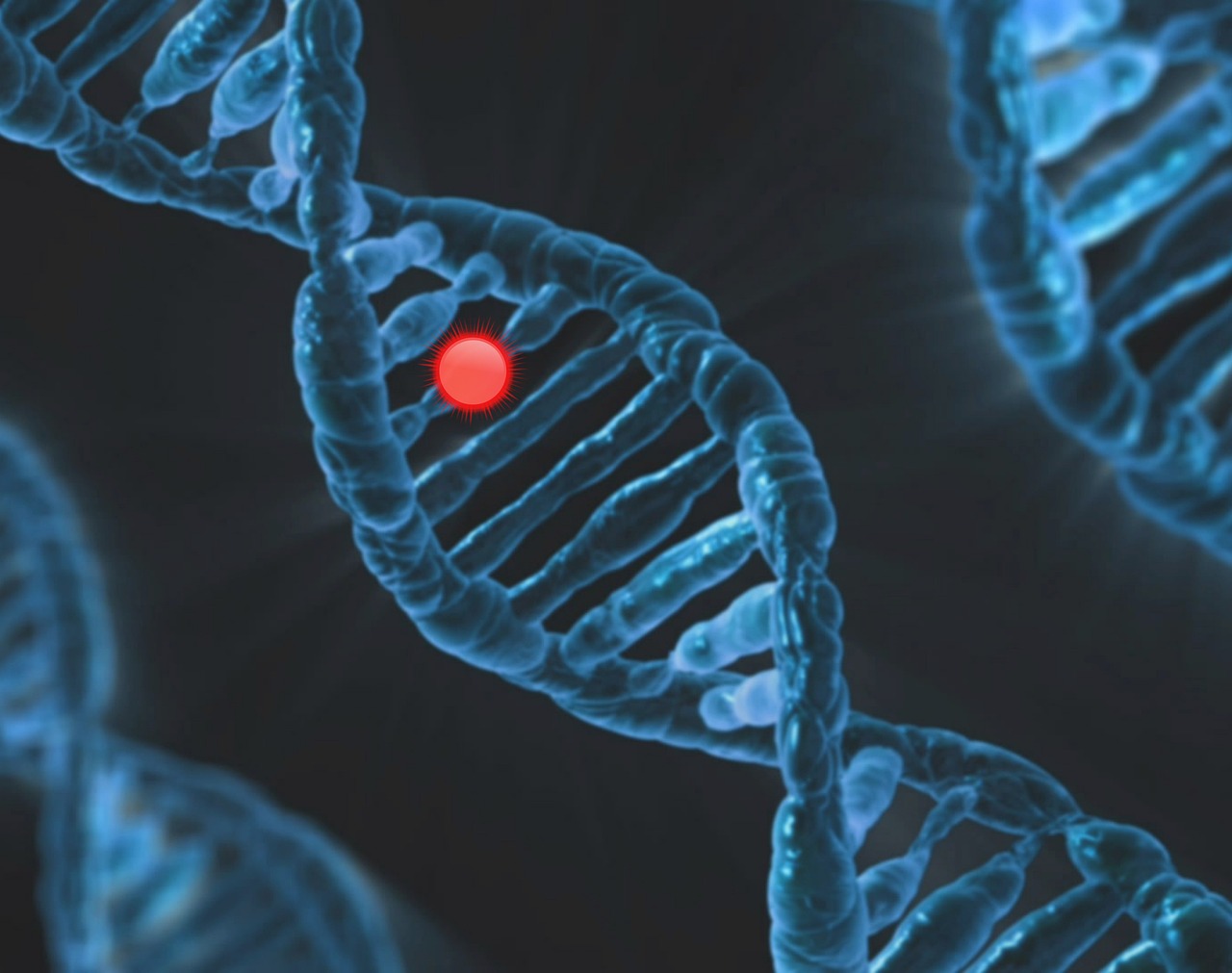Treatment of Rare Diseases and Their Challenges
Rare diseases often present complex and poorly understood health challenges. In this article, we will explore the journey of treating rare diseases, uncovering the challenges faced by sufferers, as well as the medical innovations that have emerged to overcome these obstacles.
Understanding Rare Diseases and Their Prevalence
Rare diseases, also known as orphan diseases, usually affect small populations and are often difficult to diagnose. This article will discuss some examples of rare diseases and provide a better understanding of their prevalence in society.
Challenges in the Diagnosis Process
One of the main obstacles in treating rare diseases is the complicated diagnosis process. Limited medical knowledge and lack of awareness about these diseases can hinder timely identification of the disease. We will discuss the importance of a multidisciplinary approach and collaboration between health professionals.
- The Role of Gene Therapy for Rare Diseases
Recent innovations in the field of rare disease treatment include gene therapy. This article will discuss how gene therapy technology is opening the door to more specific and effective treatments, by targeting the genetic causes of disease.
- Access to expensive treatment
It is important to address the issue of accessibility and sustainability of treatment for those suffering from rare diseases. We will discuss the financial challenges faced by sufferers and efforts to find solutions that will enable them to get the necessary treatment.
- The Role of Telemedicine Technology in Remote Care
With telemedicine technology, rare disease patients and health professionals can overcome geographic barriers. This article will explain how telemedicine helps improve access to care, facilitate remote consultations, and provide support to patient communities.
- Research and Collaboration for the Future of Medicine
The importance of research and collaboration between medical institutions, the pharmaceutical industry, and advocacy groups will be the focus of this article. We will explore how collaboration can accelerate the development of new treatments and improve the quality of life for people with rare diseases.
By understanding the challenges and innovations in treating rare diseases, we can open the door to greater developments in the future. This article invites readers to reflect on the importance of ongoing support, awareness and research in the pursuit of better care for those suffering from rare diseases.
- Psychosocial Support for Patients and Families
The importance of psychosocial support for rare disease patients and their families should not be overlooked. This article will discuss the important role of emotional and psychological support in facing the challenges associated with rare diseases, as well as efforts to build communities and networks of support.
- Sustainability of Research Funding for Rare Diseases
This article will also explore the challenges of funding rare disease research. Limited resources and lack of economic benefits often result in rare disease research receiving little attention. We will discuss efforts to increase funding and support research projects that have great potential.
- Increase public awareness about rare diseases
Public awareness of rare diseases can be key to increasing understanding, support and fundraising. This article will discuss the role of awareness campaigns, public education, and advocacy efforts to increase public understanding of rare diseases.
- The Role of Pharmaceutical Companies in Treatment Innovation
Pharmaceutical companies have a crucial role in innovation in the treatment of rare diseases. We will explain how collaboration between pharmaceutical companies, research institutions, and patient communities can accelerate the development of potentially life-saving new medicines.
By understanding the complexities of treating rare diseases, we can embrace cross-sector collaboration to create a better future for sufferers. This article invites readers to collectively commit to positive change and provide hope for those living with rare diseases.
- Patient Community Involvement in Solution Development
Active involvement of the patient community can be key in designing appropriate and sustainable solutions. This article will highlight how patient community participation in the process of drug development, clinical trials, and advocacy can shape the course of more personalized and effective care.
- The Role of Digital Resources in Increasing Information
With the increase in digital resources, rare disease patients and their families can access more information about their disease. This article will discuss the role of websites, online forums, and health apps in providing informational support and helping patients manage their conditions.
- Partnership Between Educational Institutions and the Health Industry
Partnerships between educational institutions and the healthcare industry can create an environment that supports research and innovation. This article will explore how this collaboration can accelerate understanding of rare diseases and produce better evidence-based solutions.
- Global Access to Treatment is Scarce
Addressing the issue of global access to treatment for rare diseases is essential. This article will highlight the challenges and efforts being made to ensure that all individuals, regardless of geographic location, have equitable access to necessary care.
- Building Solidarity and Unity in the Community
Solidarity and unity within the rare disease community is key to strengthening influence and support. This article will document the collaborative efforts that led to the formation of strong networks and supportive relationships between fellow sufferers and their families.
In bringing together the various aspects of rare disease care, we can inspire hope and positive change. This article invites readers to engage, support, and understand that through collective action, we can create a world that is more inclusive and caring for those living with rare diseases.
